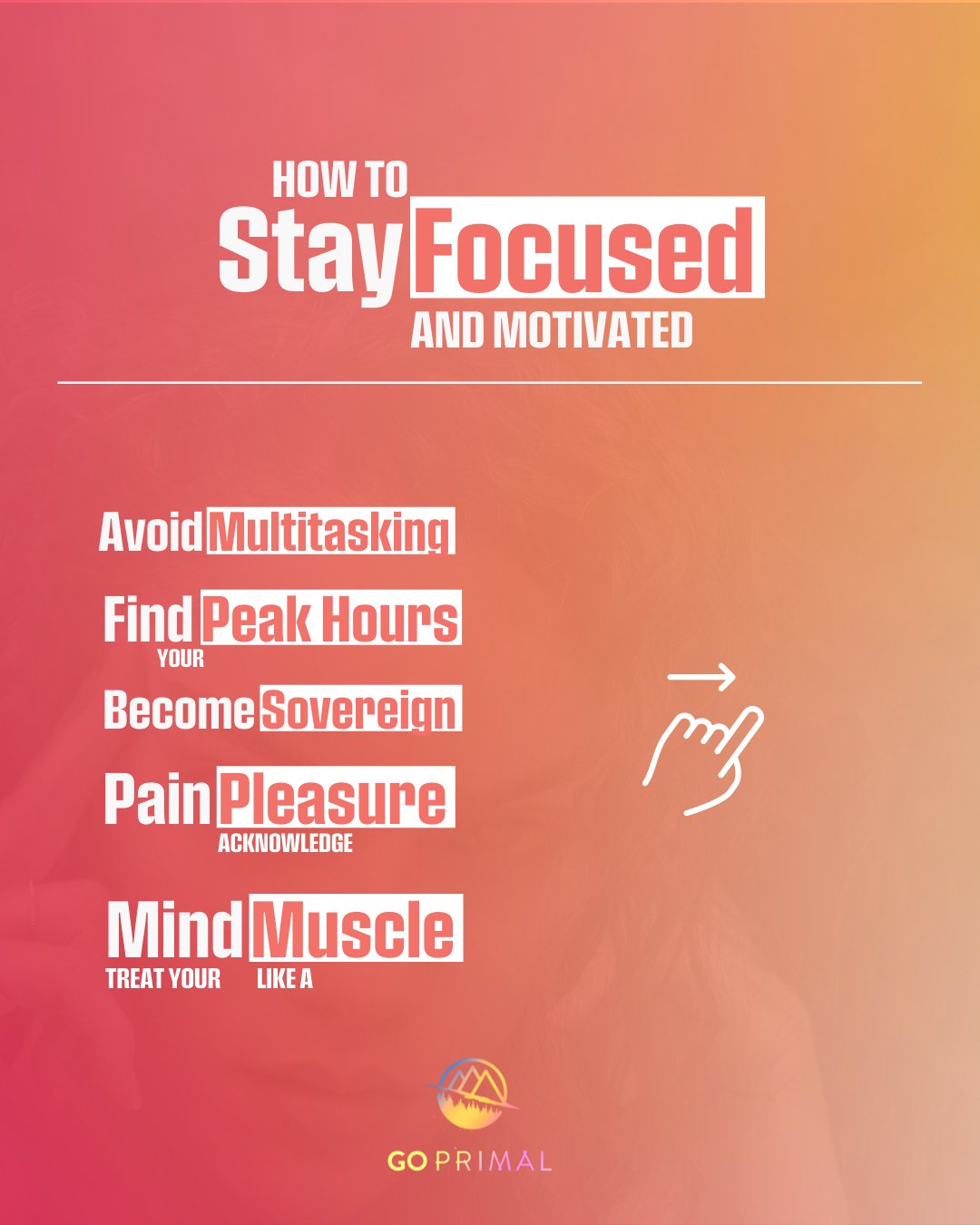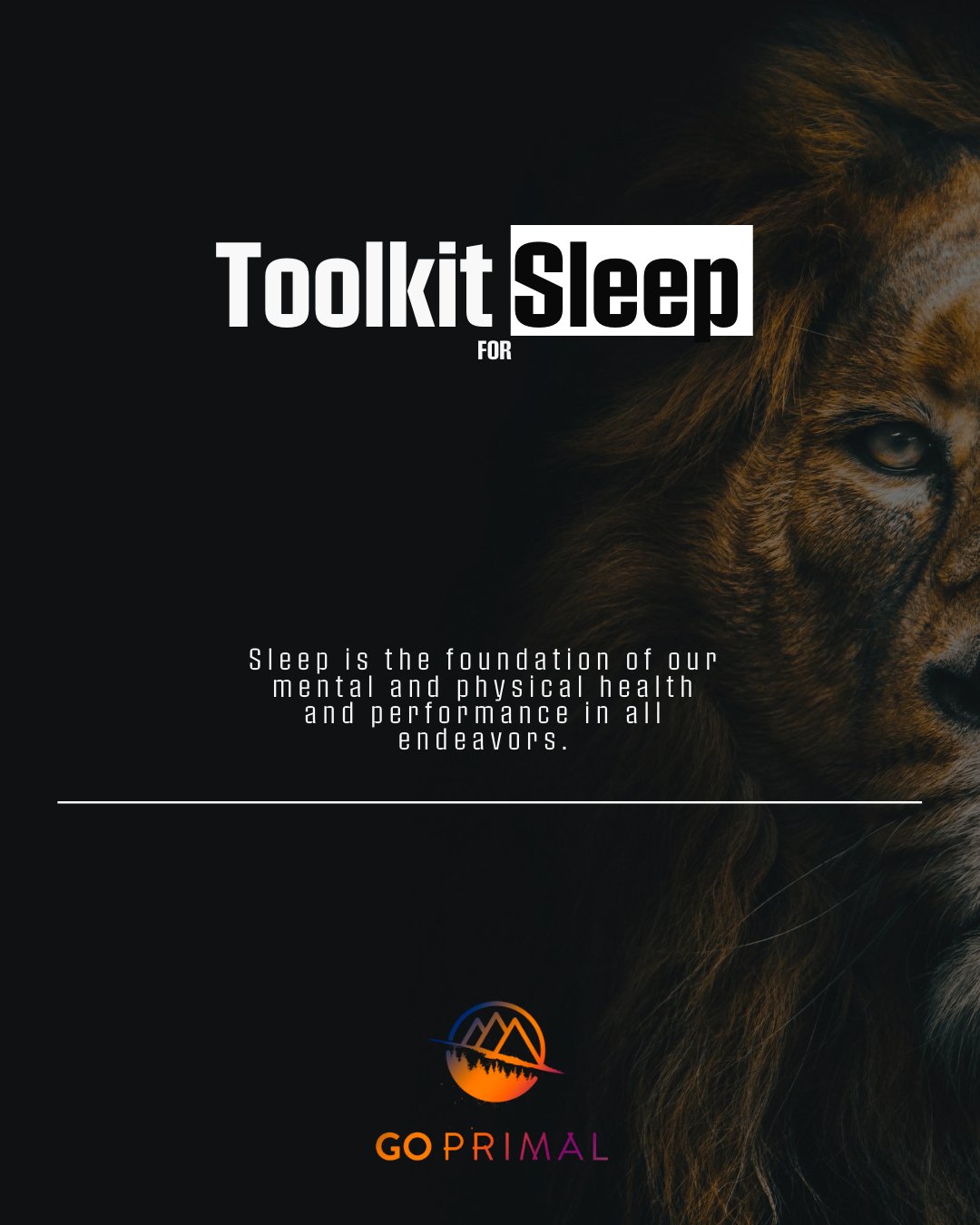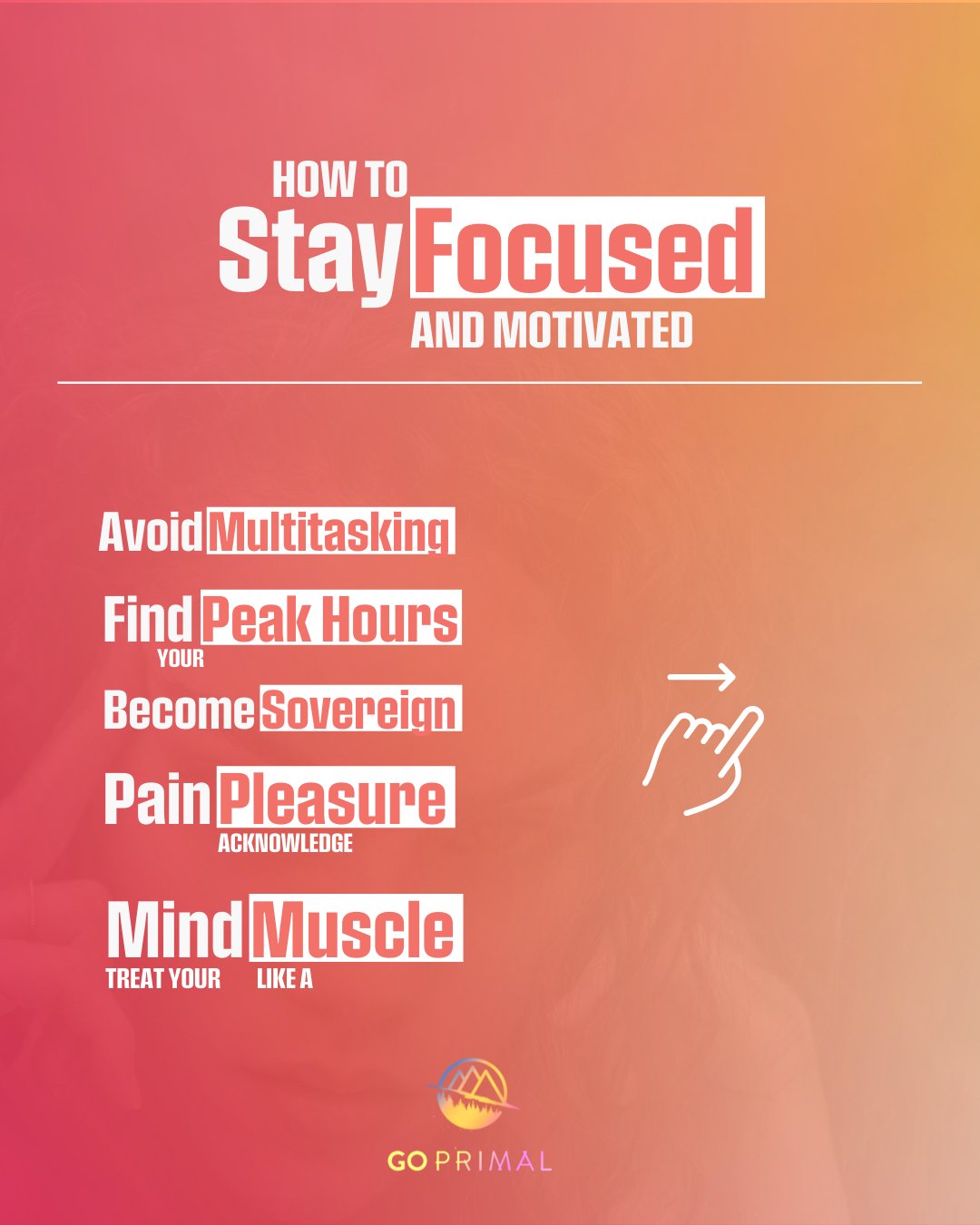
How to Stay Focused and Increase Motivation
The science behind the power of being focused and motivated
Do you ever suffer from a case of the dreaded "brain fog"? Would you like to learn how to improve your attention and motivation control?
I'm sure you understand how aggravating it is when our brain isn't working properly. The good news is that we now have answers and a better understanding of how our lifestyle choices influence our productivity.
DOPAMINE'S STRENGTH
Dopamine is released whenever we like something, but only under extremely particular circumstances. Dopamine is released whenever we are heading towards something and believe we are on the correct track. And this is nature's way of signaling which neurons are engaged during that particular trip down the path. As a result, this could be a good workout. It could be a turning point in your relationship. … It could be a small piece of a puzzle that you're looking forward to learning.
Dopamine is released when you identify that you're on the correct track to getting a reward, not when you earn a reward, contrary to popular perception. When dopamine is produced, your brain is shaped in such a way that you naturally want to continue along that path:
Dopamine promotes neuroplasticity in whichever brain circuits were previously activated. 'Hey, whatever I did to get to this point, this milestone, not the finish line, that's something I might want to repeat instinctively in the future,' it says.
This is such an important concept to grasp since the joy you get from dopamine comes from reaching toward your goals rather than achieving them. It doesn't matter if you don't do what you set out to achieve - if you just attempt, you'll receive that dopamine rush.
It makes little difference whether you place first or last in a sporting event, or whether you get the promotion for which you were competing. Your body will release dopamine as long as you are working toward your objective, and dopamine is a neurotransmitter that is generally associated with overall well-being and happiness. To be happy, you don't need to have everything you desire in life; all you need to do is pursue improvement.
Dopamine also gives you additional energy, allowing you to keep working toward and perhaps achieving your goals:
"The amazing thing about dopamine is that it both rewards and energizes us... I'm referring to neural energy. And the reason is that all kinds of effort are required... is commonly linked to the neuromodulator adrenaline, also known as epinephrine... Adrenaline is released in the body by the adrenals, while epinephrine is released in the brain by a couple of sites, but one in particular. The locus coeruleus is the name for it. It is located in the brainstem. It jolts us awake. It instills a sense of urgency in us, and it's all about making an attempt." — Andrew Huberman, Ph.D.
Have you ever felt like you were burning out while working on a project, only to discover that you had made progress, which provided you a sudden, unexpected rush of energy? That's your body's dopamine working its magic. You got a surge of adrenaline because you knew you were making progress on your path, and that gave you more energy.
TAPING INTO YOUR INTERNAL REWARD SYSTEM IS ESSENTIAL.
Although dopamine can be a powerful tool for MAXING OUT your life, it can also be harmful if it's obtained through unhealthy habits:
"I occasionally pick up my phone and log into an app without making a conscious decision to do so. I basically do it out of habit.... The reason for this is because the brain and nervous system are always looking for new experiences and rewards. And if we don't think about how we're doing it, we'll just do it instinctively."
If you fall into the habit of getting dopamine from acts that aren't beneficial to you, you'll end up on an unproductive path. Checking one's phone, as Dr. Andrew did, is a very typical occurrence. How often do you check your social media because receiving a notice gives you a rush of dopamine? You will acquire unproductive behaviors if you obtain dopamine through unproductive activities.
You must make an effort to engage in healthful activities that release chemicals associated with neural energy:
"The first gate you must pass through in order to construct this pathway that incorporates norepinephrine, adrenaline, and epinephrine is effort." — Andrew Huberman, Ph.D.
Another important aspect of healthy dopamine use is to concentrate on your internal reward system rather than external rewards. The dopamine you get when you put forth effort is the internal reward system, but the external reward is what you get once you've finished the work.
Because repeated activities mold your brain, the more you internalize the joy in your efforts, the easier it will be to gain pleasure from your internal reward system, which pushes you to #MAXOUT. You'll have greater motivation to keep pushing yourself if you put your focus on the effort rather than the external reward.
MAXING OUT YOUR PERFORMANCE BY USING YOUR DISCOMFORT
Do you want to be a WINNER but don't know where to begin? An amazing study on the topic that will CHANGE your life.
Two mice were used in a well-known experiment. The two mice go into a tube and fight over who gets to keep it. Eventually, one mouse will push the other out of the tube. Following tube bouts against other mice, the winner mouse will continue to win, while the loser mouse will continue to lose.
During a recent experiment, the brain activity of the two mice was measured while they fought:
"They discovered that there was only one brain region." It's a prefrontal brain subregion that's more active in winners and less active in losers. So much so that if the loser's brain area is chemically or electrically activated, the loser becomes the winner. If you silence this part of the brain in an animal that is about to win, it becomes the loser. It turns out that increasing tension, effort, and adrenaline is linked to stimulating this brain area that triggers winning. And all it accomplishes is to translate that concern into more forward steps per unit of time.
The victorious mouse was distinguished by an increase in anxiety. The anxiety of the winning mouse had a direct impact on its capacity to advance ahead and drive the other mouse out of the tube.
The mice experiment teaches us something important about dealing with worry and discomfort:
"There are only three options available to you at all times. You have the option of remaining immobile, retreating, or moving ahead. Anxiety and tension, as well as 'autonomic arousal,' were created to make us move. They instill anxiety and pain for a reason, but it isn't solely to motivate us to flee and hide. It was also created with the intention of propelling us forward."
Instead of fighting your fear and discomfort, you can use it to propel you forward. You can utilize your discomfort to push you to improve your work, fitness, and relationships, among other things.
You're programmed to feel some suffering in order to progress forward. We don't grow if we're always comfy. Usually, we fall into the trap of attempting to alleviate the suffering rather than utilizing it.
MAXING OUT YOUR PERFORMANCE BY USING YOUR DISCOMFORT.
Chemicals in your body congratulate you on your efforts. Use your internal reward system to make you feel good as you seek to #MAXOUT! It's not about what you achieve; it's about how far you can push yourself! Make an effort to #MAXOUT your life!



